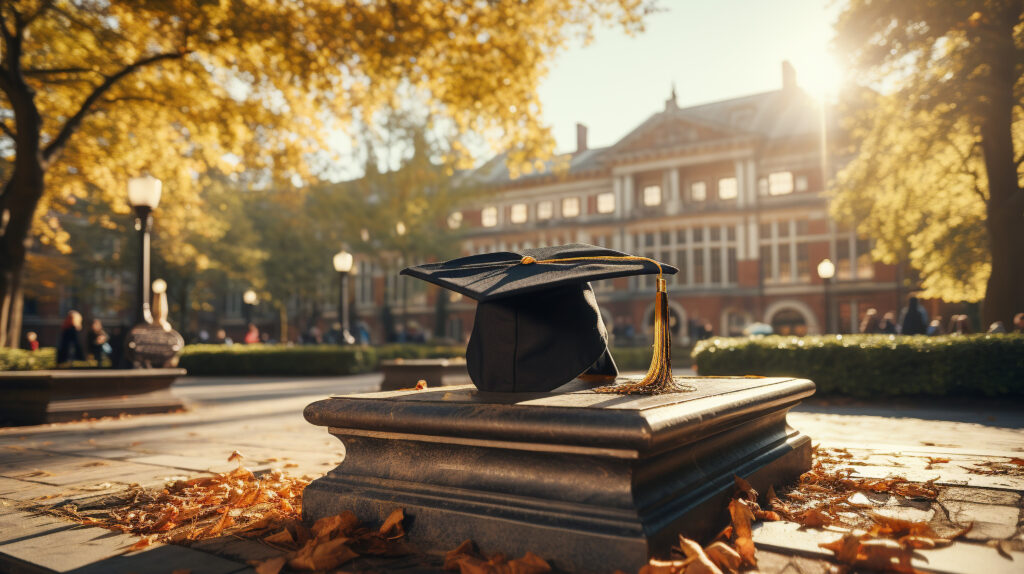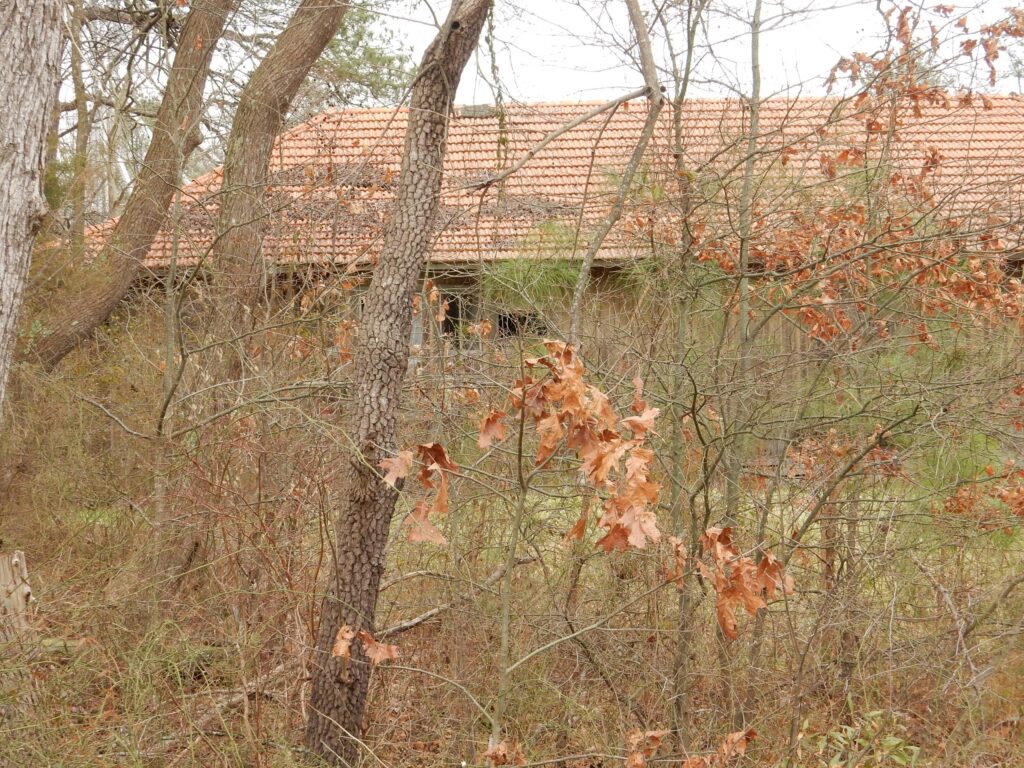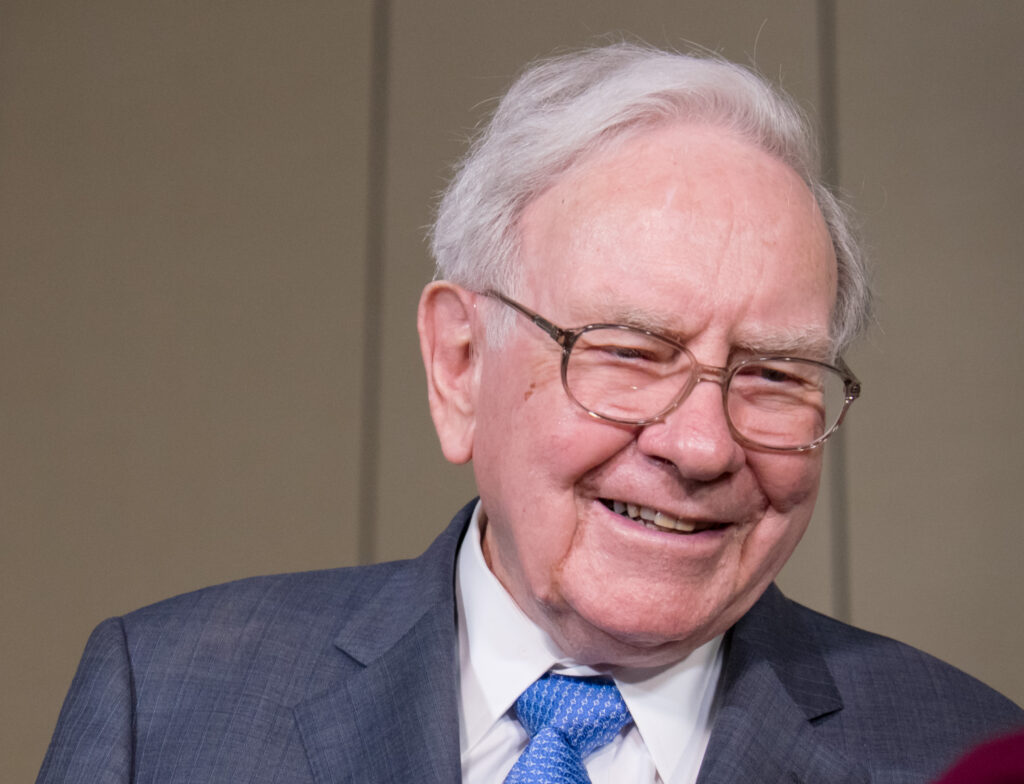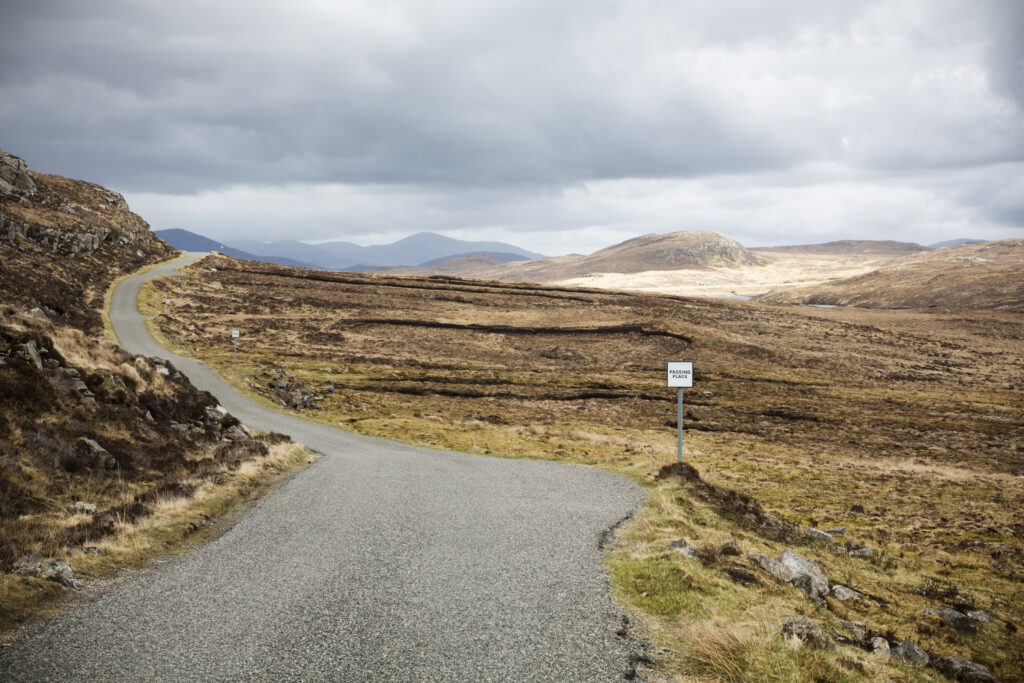Current student unrest.
When the student unrest and violence began earlier this year, my experience as a college president made it clear to me that several presidents would resign. I was right, but not because I had an all-knowing crystal ball or an actuarial analysis predicting the removals. My opinion was based on the fact that presidents, in today's academic environment, have no natural constituency.
Even without a crisis, students criticize presidents, and donors complain about them (especially donors to athletic programs). Additionally, the faculty can call for a vote of no confidence whenever they think they can undermine a president. And even Congress attacks college and university presidents. None of these would be a problem if there were strong boards, but often, university boards want peace. After all, being a board member at an academic institution should be an honor, but it should not involve any conflict and, indeed, not any criticism. Taking courageous stands is not the goal of some educational institution boards. They assume that is the president's role and risk to take—especially in a world where boards pay presidents significant salaries.
Prior student unrest.
As the president of the University of Virginia, a school he founded, Thomas Jefferson had to deal with student rioters who covered their faces with masks as they bashed the windows of faculty homes. The students also severely beat one faculty member. The student riot was a result of a disagreement at a local pub. See Jared Cohen. (It is interesting to note that there was student unrest in 1229 in France that was also related to student drinking.) See EuroNews.
Unlike today's presidents, Jefferson faced the unrest directly and with the support of his board. At an assembly with the students, the elderly Jefferson, over eighty, shaken, broke down in tears. The students were so moved that those who led the riot confessed. For Jefferson, the fact that his great-nephew was the ringleader made the situation worse.
In today's world, it is doubtful that a president's tears will move students. It is far more likely that a president will become a victim of a situation they cannot control.
Guidelines for a president.
My first academic administrative position was as a dean. During one of my early meetings with the chancellor, he gave me excellent advice. He said, "You should always study a situation and not fight battles unless you are convinced you are right." He added that I should never be quixotic and suggested I always be willing to quit in order to stand up for what was right. Thus, I should always focus on my attitude about a problem, not just the problem. Presidents often focus on the problem rather than their attitude about it. Ivy League presidents have learned this lesson, and several have had to step down.
Columbia University is an example of how student unrest can become a significant problem. I selected Columbia only because it has been an influencer of student unrest. In the late 1960s, there were significant demonstrations at Columbia. The focus was on critical issues like the Vietnam War, segregation, and the relationship between the university and the government. Today, the Columbia University unrest is fuelled in part by the rights of individuals in Gaza.
I believe the students had a right to protest in the sixties; I think they do today. However, we, as a society, have a problem ascertaining the line between peaceful protests, freedom of speech, violence against individuals, and the destruction of property.
Any president who believes that if they wait long enough and stall, things will be alright and the situation will improve has the wrong attitude about the problem. Caving in does not breed peace; it destroys it.
Columbia University had one president from the time Dwight Eisenhower stepped down in 1953 until 1968. The president who followed Eisenhower stepped down in 1968 because of student unrest. As a result of the recent unrest at Columbia University, the president had to step down. Both presidents may have been undone by focusing more on the problem than their attitude toward the problem.
Presidents need to be willing to take a stand. You might quickly retort that if they take action, they could get fired, or someone could get hurt. If they do not take action, they may also lose their position, and people could get hurt. I would always prefer to lose a position over a principle than over a failure to act. As I say in the "Origin of the However View, Examining the Obvious, Appreciating the Obscure," the only major mistake when a problem arises is to continue not to act.
Presidents are not perfect.
Presidents make mistakes, as do all leaders. They say the wrong thing, can be slow to react, or may rely on public opinion to guide their decisions. However, the board is ultimately responsible. They hire the president.
While not the only reasons, there are several key reasons that a president fails during a crisis. The reasons are: the board hired the wrong person, and perhaps for the wrong reasons; the president does not have a strong relationship with the board (Thomas Jefferson had a strong relationship with his board.); boards cannot afford to admit they are wrong—it must be the president; the values of the board and the president are not aligned; or presidents fail to remember they should implement a board's policy, not set it. Unless a board is willing to back them, there is nothing a president can do to ensure success during a crisis.
In fairness to today's presidents and boards, social media expands and compounds the nature of their every action. Every mistake is magnified, and even courageous decisions can become tainted. Thomas Jefferson quelled the students with his tears. There is no modern equivalent to tears.
Taking a stand.
Until college and university boards are willing to stand with presidents in confronting demonstrators whose aim is to destroy rights and property and to intimidate, no college or university president is safe, nor are campuses. Presidents and boards are afraid that if they take action against demonstrators, they will be viewed as opposed to ideas that seem politically correct. That is one of the reasons that some schools have not expelled or suspended demonstrators. A failure to act lays the foundation for more unrest; it is equivalent to adding oxygen to a fire. (The University of Virginia board and Thomas Jefferson expelled the leaders of their riot.)
Presidents will continue to lose their positions when crises erupt. After all, they are expendable. A board can always find someone else who wants to be a president.
If you have not read the blog that describes the "However View," click here.
The picture is from Vecteezy.







